Keywords: Social Teaching
-

AUSTRALIA
- Andrew Hamilton
- 27 July 2022
2 Comments
Over recent weeks many people have expressed alarm and despondence at the rising number of infections and deaths from COVID. Just as we were enjoying freedom from restrictions we found ourselves encouraged to work from home if possible and to wear masks. The crisis and the recommendations recall the first onset of COVID in Australia. Yet the response of Governments is much less forceful. The differences between the responses and the reasons for them merit reflection.
READ MORE 
-

AUSTRALIA
- Melinda Tankard Reist
- 20 July 2022
2 Comments
Exposure to pornography has been linked to an increase in in sexually aggressive behaviour and adolescent dating violence. This mass, industrial-level grooming of our young is causing lasting damage to their social and sexual development and leading to even more women and girls being viewed as less human.
READ MORE 
-

RELIGION
- Geraldine Doogue, Greg Craven, John Warhurst, Julian Butler
- 17 June 2022
3 Comments
After four years, the Fifth Plenary Council of Australia is nearly at a close with the second and final assembly in July. So what has been the significance of the Plenary Council so far, and what can we expect from the final session? In this Roundtable, Geraldine Doogue, John Warhurst, Greg Craven and Julian Butler reveal their hopes and expectations for the process and discuss likely outcomes.
READ MORE 
-
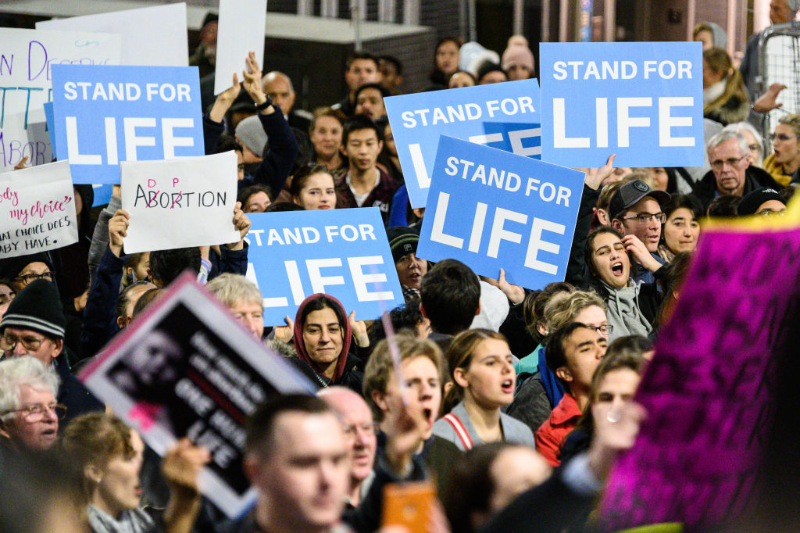
AUSTRALIA
- Michael McVeigh
- 15 June 2022
6 Comments
One would assume that the Victorian Liberal Party has looked at the numbers, and believes that religious conservatives no longer make up a significant proportion of their constituency. Certainly, the moral authority of the Catholic Church and other Christian denominations has taken a battering in the state over the last decade, with many remaining openly hostile to religious perspectives. If the pro-life movement was ever a significant force in Australian politics, that’s no longer the case.
READ MORE 
-
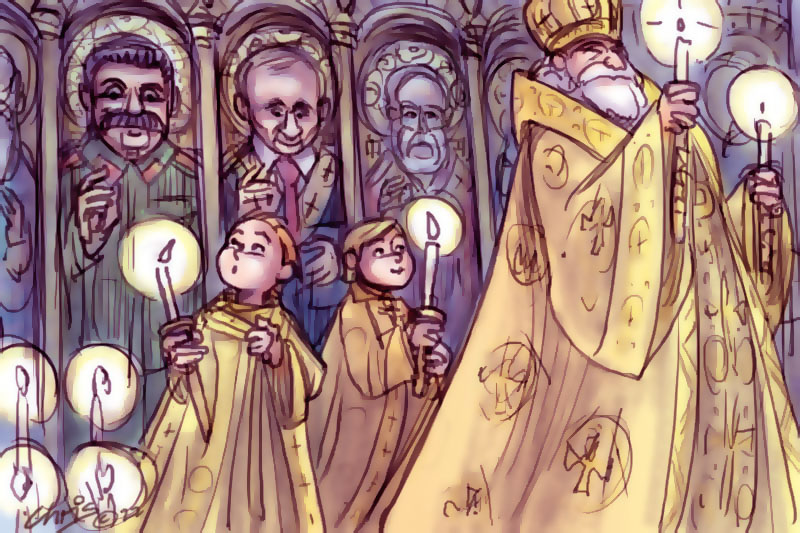
INTERNATIONAL
- Stephen Minas
- 23 May 2022
3 Comments
‘We removed him from the mausoleum’, wrote the Soviet poet Yevgeny Yevtushenko. ‘But how do we remove Stalin from Stalin’s heirs?’ The poem was published in 1962 but it’s still a good question. Today one of Stalin’s heirs commands a barbaric war against Ukraine with the enthusiastic cheerleading of another such heir – the leader of the Moscow Patriarchate reestablished by Stalin.
READ MORE 
-

AUSTRALIA
- Claire Victory
- 19 May 2022
1 Comment
There is an Australia that many people seldom encounter and its citizens number in the millions. These citizens live in all cities and regional towns, often in sub-standard yet costly housing, and struggle to survive week to week on low wages or inadequate government assistance.
READ MORE 
-

RELIGION
I have always considered myself pro-life. It’s not something I’ve felt a need to wear as a badge of honour, rather it has always been a default position. But terminology matters. Indeed, frequently, calling myself pro-life has drawn the derision or raised eyebrows of people around me, nuns and priests and radical ratbags alike, it has connotations.
READ MORE 
-
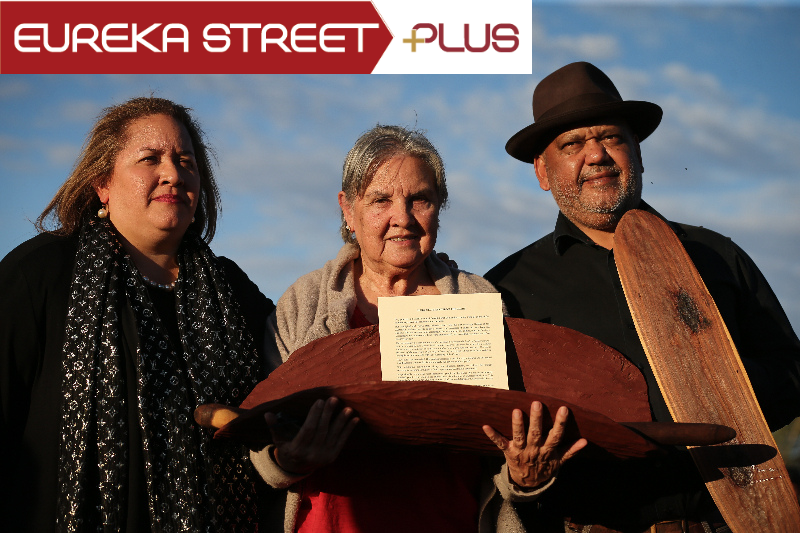
AUSTRALIA
- Frank Brennan
- 06 May 2022
5 Comments
Whoever is Prime Minister after the election on May 21, he will need to address the question of Indigenous recognition in the Australian Constitution. This is the sixth election in a row when the question has been a live, unresolved issue during the election campaign. The patience of Indigenous leaders is understandably wearing thin. Trust is waning. There is still no clear path ahead. So where to from here?
READ MORE 
-
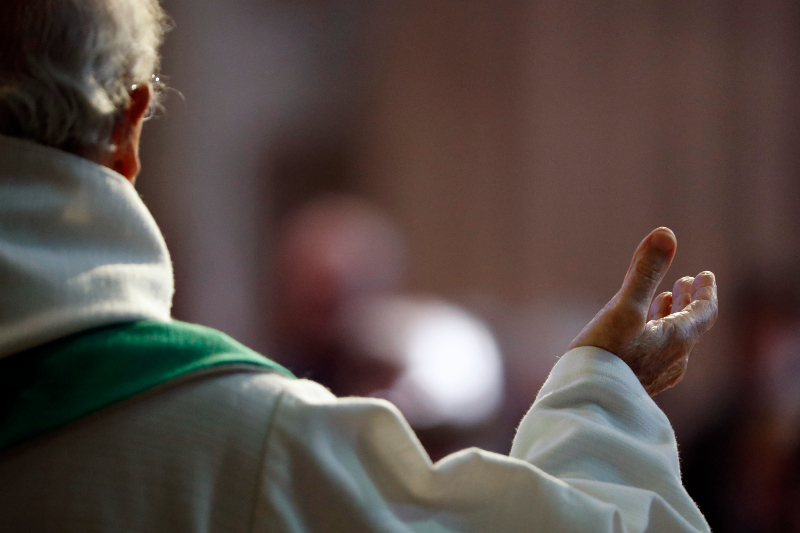
RELIGION
- Andrew Hamilton
- 03 May 2022
9 Comments
We should not underestimate the difficulty that people who represent independent branches of the same organization face when drawing up an agreed statement on contentious issues. Even the widely applauded Uluru Statement from the Heart did not secure the support of all Indigenous groups. If the Bishops Statement was to be effective it had to be supported, or at least tolerated, by all members of the Conference, despite their differing views about political and church issues and the priority that should be given to them in advocacy.
READ MORE 
-
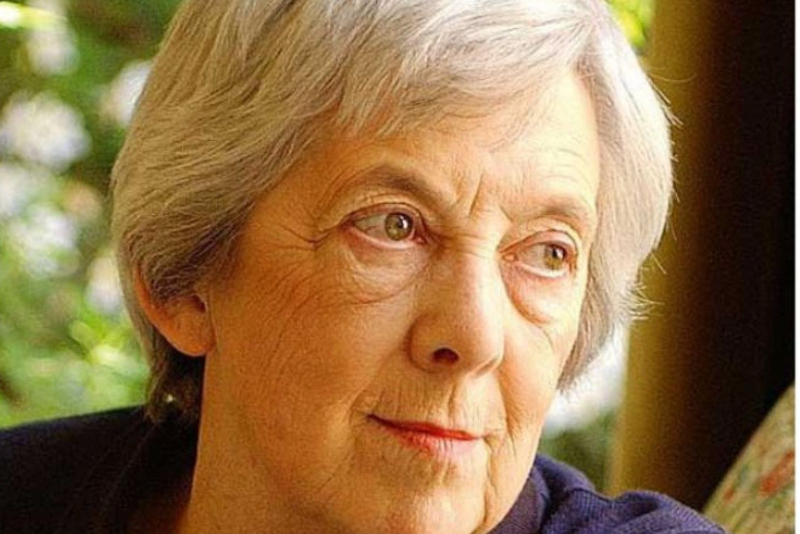
ARTS AND CULTURE
- Andrew Hamilton
- 28 April 2022
4 Comments
The quality of Niall’s writing is evident in An Accidental Career, though easily unnoticed. It lies in the clarity of her thought, her exact choice of words, the alternation of anecdote and reflection and the self-effacement that creates a direct link between the reader and the work itself. Her writing has the rare gift of simplicity. The precision of the title is characteristic of the book as a whole.
READ MORE 
-

RELIGION
- John Warhurst
- 26 April 2022
22 Comments
The Church must speak up to be relevant, but those who seek to ‘speak for the church’ must be brave. They risk exposing themselves to claims of bias unless they stick to a very narrow agenda and speak in extremely measured terms. Yet if they are too bland they risk being irrelevant to the sharp end of political debate and their intervention becomes little more than a symbolic ritual.
READ MORE 
-

RELIGION
- Andrew Hamilton
- 24 February 2022
44 Comments
A local event in the United States Catholic Church has recently aroused interest in Australia. A Bishop declared to be invalid (non-existent and without effect) baptisms celebrated over twenty years by a priest of his diocese. As a result people baptised by the priest will have to be properly baptised. Although the issues raised by this event are specific to the Catholic Church it raises broader questions of how any group should respond to behaviour considered deviant.
READ MORE 